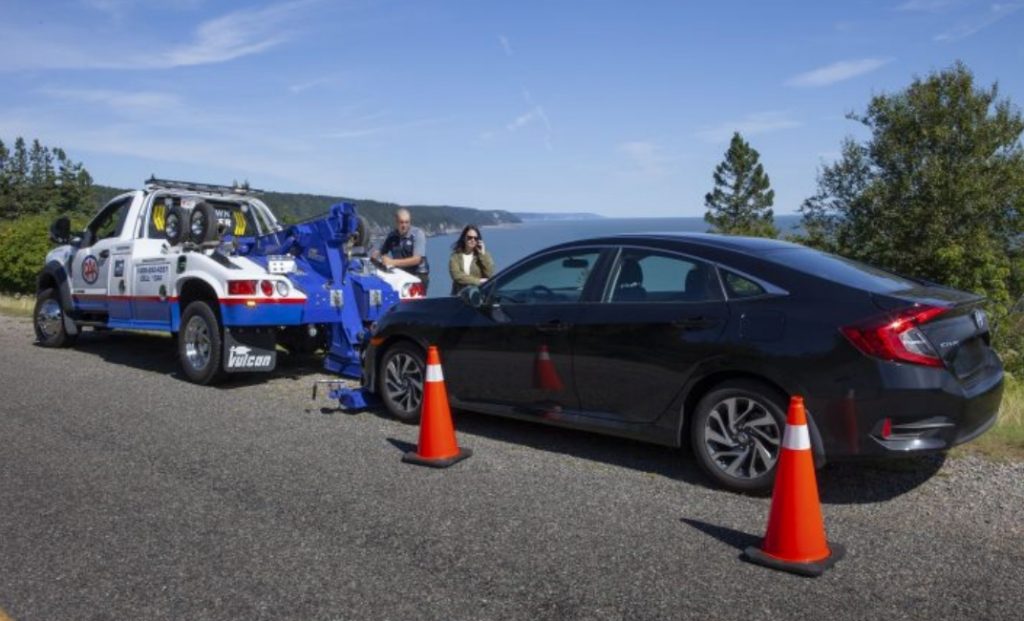Driving is an integral part of our daily lives, offering convenience and freedom. However, safety should always be a priority. Here are some practical driving safety tips to ensure you and your passengers stay protected on the road.
- Stay Focused
Maintaining focus while driving is crucial. Avoid distractions like eating, adjusting the radio, or using your phone. If you need to make a call or send a text, pull over safely. Keeping your attention on the road helps you react quickly to unexpected situations.
- Obey Traffic Laws
Traffic laws are designed to keep everyone safe. Always adhere to speed limits, traffic signals, and road signs. Be mindful of school zones and pedestrian crossings, and yield the right of way when necessary.
- Ensure Vehicle Readiness
Regular vehicle maintenance is key to safe driving. Check tire pressure, brakes, lights, and fluid levels frequently. Well-maintained vehicles are less likely to suffer mechanical failures that could cause accidents.

- Avoid Distractions
Distractions are a leading cause of accidents. Limit the use of mobile phones, and if using GPS, set your route before starting your journey. Encourage passengers to help with navigation or adjusting controls, allowing you to concentrate on driving.
- Defensive Driving Techniques
Practice defensive driving by anticipating other drivers’ actions. Maintain a safe distance from the vehicle in front, use mirrors frequently, and be prepared to react to sudden changes in traffic. Always have an escape route in mind.
- Weather Conditions
Adjust your driving according to the weather. In rain, reduce speed to avoid hydroplaning and increase following distance. In fog, use low beam headlights and drive cautiously. For snow or ice, drive slowly and avoid sudden movements to maintain control.
- Seatbelt Use
Wearing a seatbelt is one of the simplest ways to enhance your safety. Ensure all passengers buckle up before you start driving. Seatbelts significantly reduce the risk of injury in accidents.
- Manage Fatigue
Driving tired is as dangerous as driving under the influence. If you feel sleepy, take a break, switch drivers, or find a safe place to rest. Avoid driving long distances without adequate rest.
Safe driving habits are essential for preventing accidents and protecting yourself and others on the road. By staying focused, obeying traffic laws, and maintaining your vehicle, you contribute to a safer driving environment. Remember, every safe choice you make on the road sets a positive example for others. Prioritize safety and enjoy the journey with peace of mind.